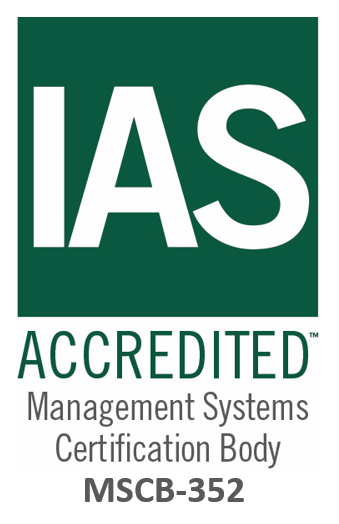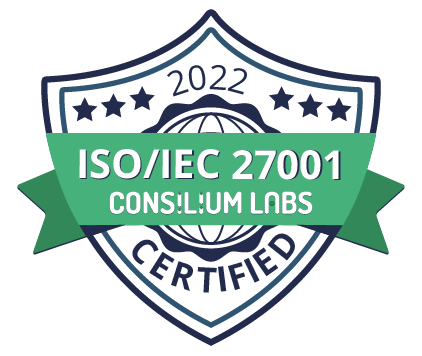Improving your contracting processes involves people, process, data, materials, tools and technology - but how do they all fit together? And what is the sequence that they should be put in place?
In the incessant noise of the legal marketplace, it can be hard for in-house teams to understand where they are in terms of capability, and where to start with making improvements. At Radiant Law we’ve been working on a contracting capability maturity model that draws on how we’ve seen our clients develop and build out their capacity to effectively support the business with their commercial contracts.

We took a shot at pulling together this map that shows in-house teams how all the parts fit together. We grandly called it the Contracting Capability Maturity Model. (The US Air Force invented these models in the 80's to try to get their software development under control. Apparently this matters when you're landing planes running the software.) We weren't even the first to create a capability maturity model for contracting. We looked at others (for example this one is very good) and "borrowed" some ideas. But the other models didn't quite work for what we were trying to do: show how everything fits together in a practical way for in-house teams. So we built our own.
A year later and after many more conversations with in-house teams we updated the model, identified 56 specific steps that we have seen taken to improve maturity and created a Scorecard tool to let in-house teams figure out where they are and what to do next. Just take five minutes answering some simple multiple choice questions and you will get a detailed report and a free strategy call.
We developed the Radiant Law Scorecard to give in-house functions a practical path for improving commercial contracting. We've had some amazing enthusiastic feedback from people using the tool - it’s what consultants charge tens of thousands of pounds for, and we’re giving it away for free.
The Scorecard came out of the many discussions we have with in-house legal teams where some points kept coming up:
- Everyone knows that there is more to be done to improve how they do their commercial contracts.
- Everyone feels that they are behind their peers, at least in some way. Yes everyone, even the ones who talk confidently at conferences about innovation.
- Everyone is busy. Really busy. No one has time to do all the things that they feel they should be doing.
- Everyone has heard about AI, but no one knows what to do with it.
- There is no common understanding of how topics such as technology, process, playbooks and everything else all fit together. So teams are finding it hard to identify the best next steps to keep improving.
Our conclusion is that a lot of people are feeling bad about the whole damned topic. People avoid things that make them feel bad, not rush towards them. And we wonder why progress is slow.
Consultants charge huge amounts to walk you through this kind of thing. So why are we giving this all away? For some extremely self-serving reasons:
It's not as fun as you might imagine hanging out on Twitter complaining about how slowly law changes. We reckon that if you can see some simple achievable steps, you are more likely to do things. We want to help you do things.
We will be able to help you more, and the conversation will be better, if we understand where you are. This is a quick way for you to tell us.
As we get more responses, we are seeing where teams are getting stuck. We are going to be focusing on building products that get you unstuck. Sorry that it's not AI. Will try harder next time!




















.png)
.jpg)




.jpg)









.png)
.png)




.png)





























.jpg)


